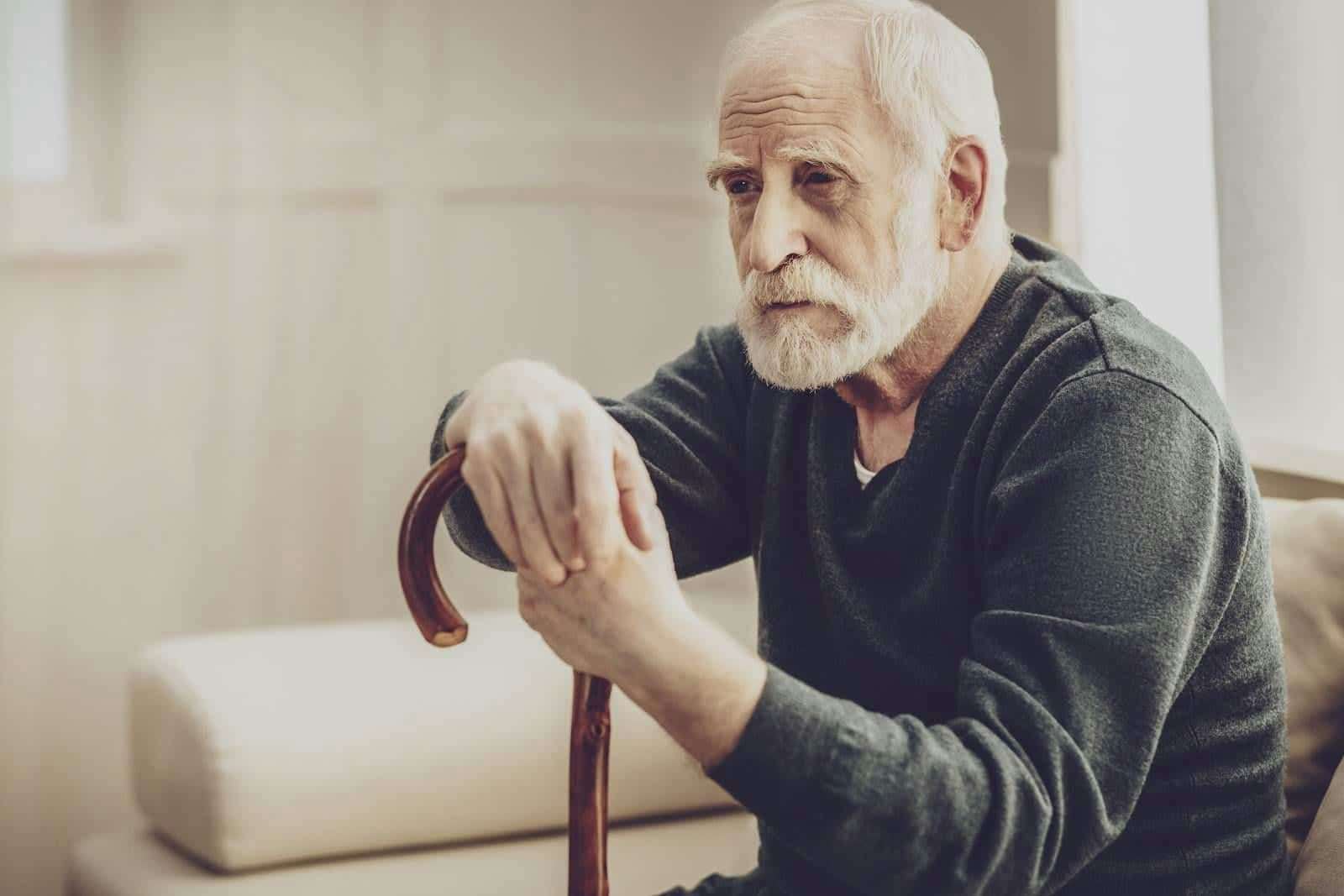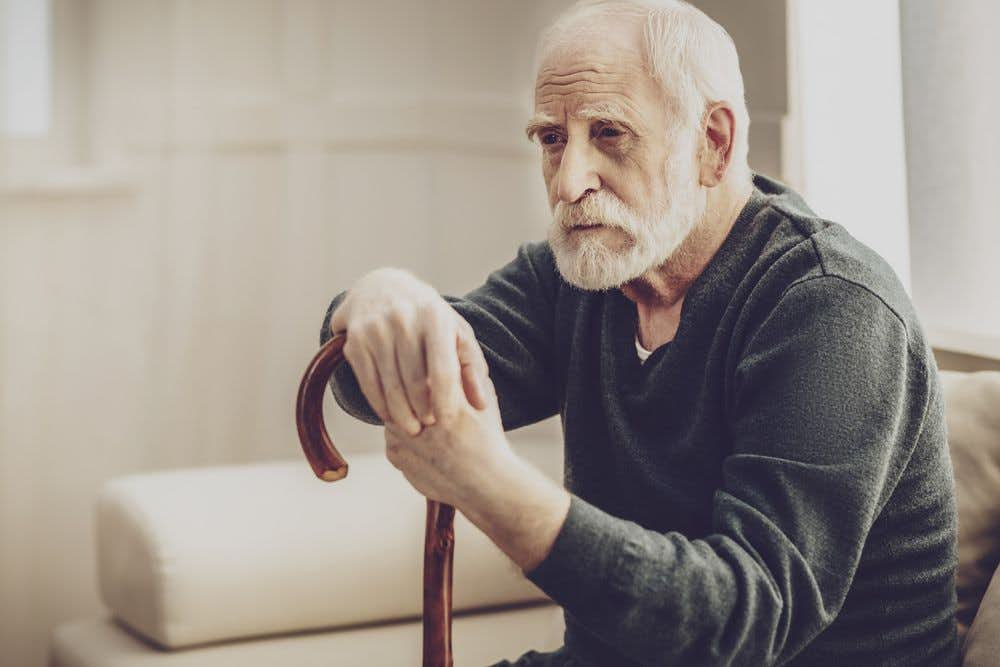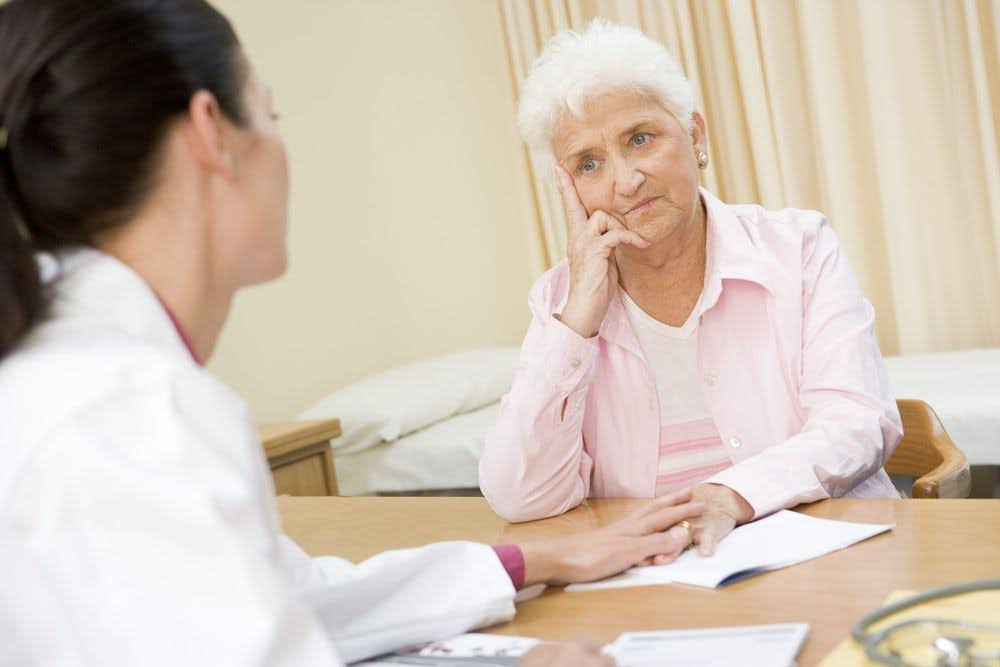April 30th, 2020

“Be proud of who you are and not ashamed of how someone else sees you.” -Unknown

We all have our own insecurities. Whether we deal with insecurities regarding our weight, our socioeconomic status, our physical appearance, or our job, we all experience the emotions associated with feelings of being insecure. What can only make our personal insecurities worse, is when other people take advantage of them. When an individual highlights our weaknesses, especially in a public setting, it can become a person’s greatest fear as it can bring out emotions of any of the following:
In some cases, the person who points out a characteristic of weakness of the other person may not know they are making fun of them. It may be done out of complete innocence. However, in other cases, a person may be fully aware of another individual’s insecurities and intentionally points them out, publicly or not. This can be both shameful and ignorant.
One of most common ways of capitalizing on an individual’s insecurities is body shaming. By definition according to the Oxford English Dictionary:
“Body shaming is the act or practice of humiliating a person based on their body type by making critical and/or mocking statements about their body shape and size.”
Body shaming is a form of bullying in which a person’s physical appearance is targeted. Image and appearance are a particularly sensitive subject matter to everyone, young and old. This is due to the fact that the way we present ourselves has a direct connection to who we are. Physical appearance refers to:
Although body shaming refers to a person’s physical appearance, it can negatively affect both mental and physical aspects of a person’s life. If a person is suffering from being body shamed it may force them to reconsider who they are and how they present themselves. This can impact their mental well-being, their social health, and their professional lives.

Due to the strong presence of social media in our everyday lives, we are inundated on a daily basis with images of perceived perfectionism when it comes to appearance. Furthermore, public images are noted upon through public comments and likes which give feedback, both negative and positive, in an open forum.
Celebrity trends with regard to diet, exercise, and fashion tend to pave the way for how a person should look based on what is considered to be “cool” and popular by demand. When people do not follow these trends, they can be looked at as different, and shamed for it.
As noted above, we think of body shaming as something that primarily affects the younger generation due to the constant access to social media and the internet age. The truth is that body shaming, and bullying in general, does not discriminate against age. Judgement affects people of all ages, including the elderly population.
Elderly individuals experience the same emotions when it comes to body shaming and bullying as younger generations do. However, they may experience additional points of insecurity such as:
These are all natural changes that all humans will experience as we age. However, that does not mean it is simple and easy to adjust to. Hence, older individuals will develop their own personal insecurities regarding their changing appearance and physical abilities. When body-shamed for it, either by other elderly people, their children, or strangers, it can exacerbate their anxieties.
When people of all ages, both young and old, experience any sort of bullying, especially body shaming, our mental health can suffer. Some of the issues that may develop due to body shaming include:

The serious mental and physical impact that body shaming can have on an individual, young and old, is reason enough to understand why bullying someone else’s appearance is not appropriate or kind. If you have experienced body shaming first hand, remember that you are not alone and that you are in control of how you respond. Try taking the higher road by implementing some of these ideas:

Our Services
Virtual/Online CarePHP and IOPAdult PsychiatryChild & Adolescent PsychiatryAdult TherapyChild & Adolescent TherapyCouples CounselingFamily TherapyGroup TherapyPsychological TestingTranscranial Magnetic Stimulation (TMS)Resources
Refer a PatientCareersClinical Training OpportunitiesOur ProvidersFree Mental Health TestsCommonly Prescribed MedicationsLocationsBlogIn The NewsClarity Through CharityClarity for AllQuick Links
Patient PortalFAQsAccepted InsurancesContact us